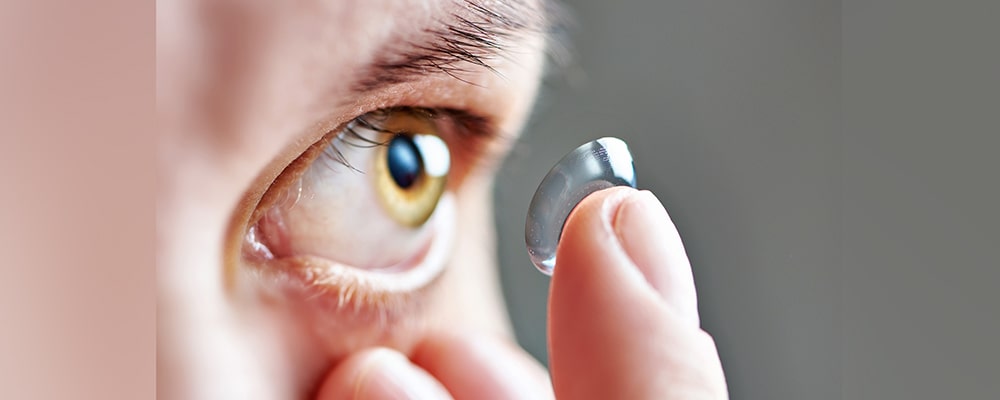
Various types of contact lenses
Contact lenses are transparent, curved plastic objects that are placed on the outer layer of the eye, the cornea. The lens is usually used for the beauty and to change the color of the iris of the eye, or as the medical tool to correct eye defects treatment.
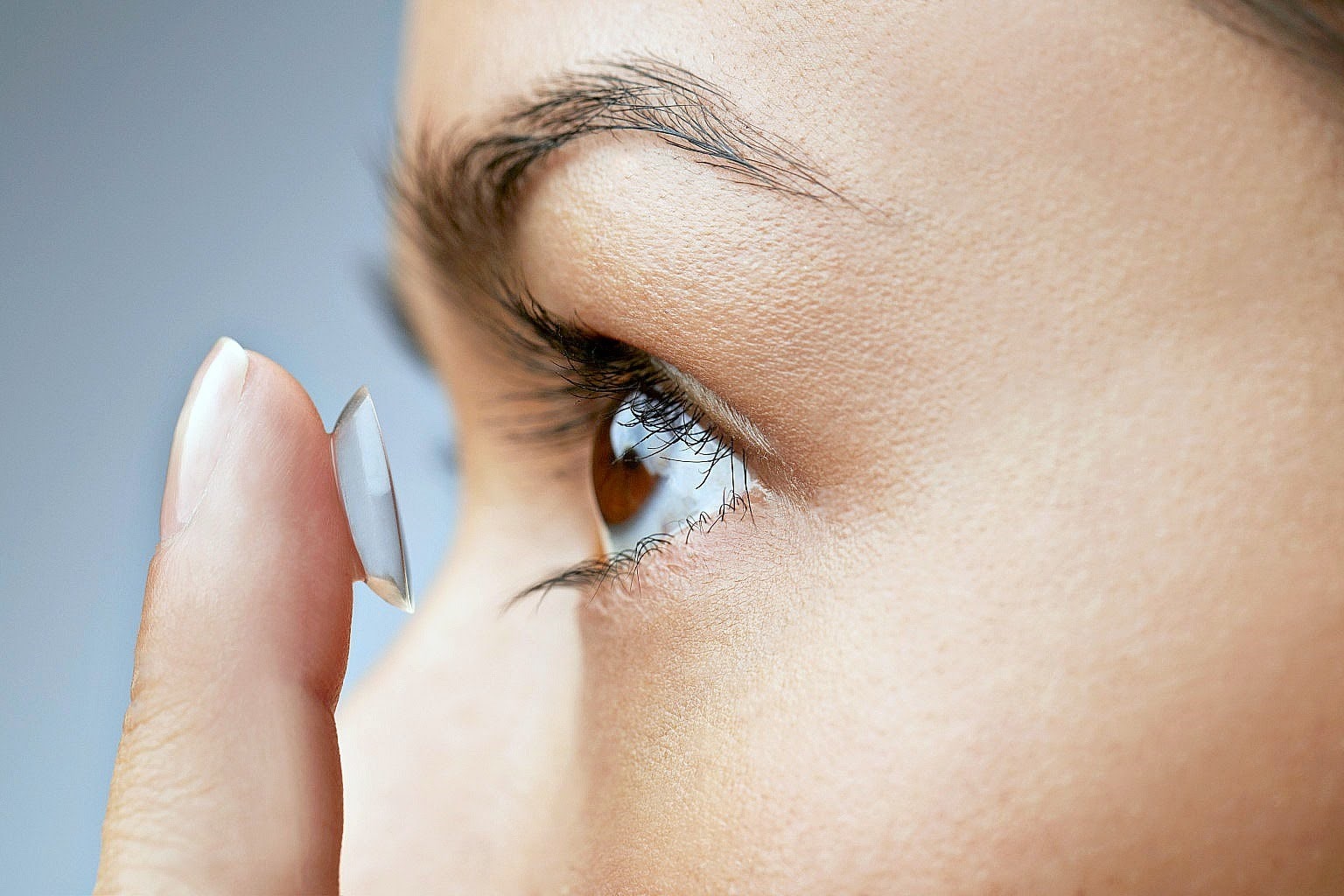
Types of contact lenses
There are two types of contact lenses, soft and hard. Soft lenses include: medical, colored and colored medical.
- Medical lens are applicable to people with myopia, myopia, or astigmatism.
- Color lens are used for beauty.
- Colored medical lenses are used for the beauty purpose of people with visual impairment.
- Therapeutic Soft Contact Lenses are placed on the cornea as a protector and is used for people with corneal ulcer or other corneal diseases.
Hard lenses are commonly used for people with high astigmatism or Keratoconus.
Contact lenses and their benefits:
- Contact lenses have more field of vision than glasses
- Objects with eye contact lenses are far better than glasses.
In addition to the benefits mentioned above, we focus on the lens and its complications:
Contact lenses and their complications:
- Corneal edema: Long-term use of the lens causes the cornea to suffer and swells, and usually people with low tears have this problem.
- Infection and redness: unsuitable lenses, not following hygiene roles or prolonged use of the lenses can cause discomfort.
- Corneal scratches: If the lens is not removed correctly, it will scratch the cornea.
- It’s a way to transmit infection, AIDS, hepatitis and …
- A small lens will result in a lack of proper oxygen to the cornea and a larger lens will slip the cornea up and down.
If your eyes are red, infected, eyelids are swollen; do not use any contact lenses. Colored contact lenses are forbidden for people who have allergy; if in the case of using lenses your vision is decreased, do not use them. They should be used exclusively for each person, and our recommendation is that even the use of beautiful and colored lenses should be under the supervision of the physician because otherwise the risk of damage to the cornea is high.
Researchers at the University of New York with a study by researchers who use lenses and those who do not use it, discovered that eye bacteria have changed over time, causing infection in the eyes while using eye contact lenses and the level of bacteria in their eyes is three times more than the ones who use glasses. The results of the study showed that the bacterium called pseudomonas, which leads to corneal ulcer, is higher in people who use lenses. According to researchers, 18 percent of Americans use eye contact lenses, 28 percent of whom use lenses without doctor’s permission. According to many recommendations, some people still sleep with eye contact lenses.
Summary:
Contact lens are very thin lens that are placed on the cornea, in addition to their medical usage, they have unique beauty. Beside their benefits they can cause many complications for the eye and cornea, many of which can lead to eye damage and even blinding. Therefore, for a proper use and minimize the injury of these lenses, it’s best to consult a doctor.

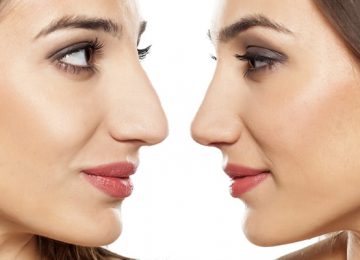
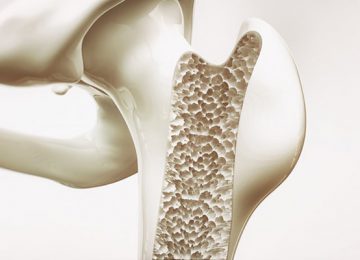



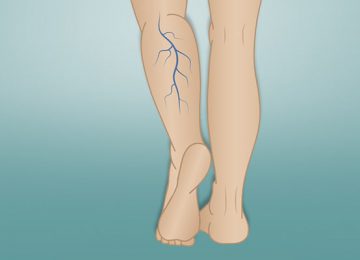
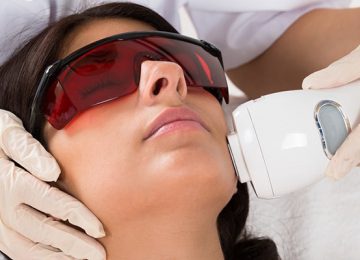



The key to instant cash? This game. 100 free spins activated — claim yours fast! Start Spinning Here => u.to/Sxg8Ig
Что такое Cardiline? – https://healthhacks.ru/kardirin-naturalnyj-pomoshhnik-pri-gipertonii-i-ukreplenii-serdechno-sosudistoj-sistemy/
A lot depends on how carefully we plan our actions.: sometimes you anticipate the risk, sometimes you don’t, but the desire to be prepared is always justified. Any little thing can play an important role.
That’s why I prefer to anticipate possible obstacles in advance — on a winter road, snow chains may turn out to be exactly the little thing that will solve everything.
дженерик сиалис 40мг с доставкой
по Санкт-Петербургу и Москве доступные цены высокое качество производства Индии
Площадка KRAKEN — это уникальный платформа, предназначенный для пользователей, ценящих анонимность и protection при совершении сделок в даркнете. Platform KRAKEN предоставляет удобный интерфейс, который позволяет быстро находить предметы и совершать transactions, оставаясь при этом анонимным и защищённым от посторонних глаз.
Платформа KRAKEN использует cutting-edge технологии для обеспечения защищенности данных, а также для того, чтобы гарантировать безопасность каждой покупки. Сайт использует links для обеспечения стабильного доступа, благодаря чему пользователи могут всегда быть уверены в operability площадки, даже если возникают блокировки.
Для удобства пользователей, KRAKEN предлагает integrated способы пополнения баланса, включая cards. Пополнение счета и проведение transactions становятся максимально простыми и быстрыми, что существенно сокращает время между пополнением и покупкой. Все данные проходят защищенную обработку, что добавляет дополнительный уровень защиты.
К тому же, KRAKEN имеет help, которая работает круглосуточно, чтобы каждый пользователь мог быстро разрешить свои вопросы и проблемы. Это важный аспект для тех, кто впервые решает начать торговать на даркнет-платформе. instructions по регистрации и использованию сайта предоставляются на accessible языке, что делает процесс входа на сайт быстрым и удобным для каждого пользователя.
вход kraken
vega casino online
https://log.concept2.com/profile/2655558
купить супер тадарайз с доставкой
по Санкт-Петербургу и Москве доступные цены высокое качество производства Индии
Зовем зайти остекление в Екатеринбурге пластиковые окна о теплом и холодном остеклении объектов. пластиковое остекление .
R7 casino — твой ключ к успеху.
Торговый павильон – https://torgovyj-pavilon.ru/blog/novosti/modulnyy-torgovyy-pavilon-kupit-v-stupinskiy-rayon-25-04-2025-15-29-05/
This isn’t luck. Reel Cash Vault pays boldness. Ready? Start Winning Here => tinyurl.com/2bbylofs
Nancy Deep Anal Hardcore Gonzo Scene By Ass Traffic
https://petite-brunette-kevin-24-inch-led-tv.miyuhot.com/?paris-karissa
sex show free adult video best erotic novels miss erotic erotic transference
puis-je acheter de l’bactrim Г bas prix sans ordonnance
Drugs information. Long-Term Effects.
where can i buy indomethacin without prescription
Everything information about drug. Get here.
sex
can i get detrol for sale
Medicament information sheet. Brand names.
get cialis soft pills
Actual news about pills. Read information here.
The timer is ticking. Your 1M jackpot won’t wait. Play today! Play Now Here -> tinyurl.com/26voe3cl
Hello. And Bye.
can you get vermox without prescription
Medicine information leaflet. What side effects can this medication cause?
where to get generic xenical without dr prescription
Best trends of medicine. Read now.
cost generic atarax without a prescription
Medication prescribing information. Long-Term Effects.
xenical 120 mg price uk
Everything news about pills. Read now.
https://medinfopharm365.top/buy-doxycycline/
Приходите к нам : остекление в Екатеринбурге окна онлайн о теплом и холодном остеклении объектов. безрамное остекление .
cost of generic lexapro price
Meds prescribing information. Generic Name.
can i order generic strattera without insurance
Actual information about meds. Read information here.
https://healthstoreinfo7.top/lyrica/
Medication information. Brand names.
can i get cheap imodium no prescription
Actual about drug. Read now.
where can i buy gabapentin online without an rx
Drugs information. What side effects can this medication cause?
how to buy generic dramamine for sale
Best about medicine. Get information now.
where to buy cheap altace prices
https://tetracycline30store.shop
Meds prescribing information. What side effects can this medication cause?
can i order cheap risperdal no prescription
Some information about meds. Read information now.
https://medicalinfopharm7x365.top/buy-cheap-levaquin-online/
Meds information. Cautions.
fluoxetine false positive pregnancy test
Everything what you want to know about drug. Read here.
where can i get cheap baclofen tablets
Pills information for patients. What side effects can this medication cause?
order lopressor pill
Everything information about drugs. Read here.
https://healthstoreinfo7.top/advair-diskus/
八千代醫美集團
https://yachiyo.com.tw/
Medicine information sheet. Brand names.
where can i get zanaflex online
Some trends of medicine. Get information here.
cost of cheap glycomet without insurance
https://zudena24store.shop
Medication information for patients. Effects of Drug Abuse.
get cheap zoloft without a prescription
Everything what you want to know about medicine. Get information here.
Why risk it all on a shaky domain? Our bulletproof domains are a game-changer for anyone serious about their online projects. They’re designed to handle whatever comes their way, so you can build with confidence. Get the stability you need at https://t.me/BPdomains_bot?start=1956359439
Третий салон за месяц — и снова кредит под космос. Похоже, новая машина — не для всех.
В итоге я ушёл в «бэу» и разложил процесс на шаги: как смотреть кузов, как пробить VIN, что спросить у продавца и на чём торговаться без конфликта.
Получился понятный гид для тех, кто считает деньги и не хочет тратить недели на поиски.
Если у вас такая же дилемма — вот подробная статья с чек-листом и шаблонами: Купить авто с пробегом в спб недорого
Буду рад обратной связи: что добавить/убрать?
Medication information sheet. What side effects?
cost of generic pioglitazone tablets
Best about pills. Read information now.
https://medinfopharm365.top/feldene-tablets/
can i get generic celebrex pills
Drugs prescribing information. What side effects?
order levitra pills
All what you want to know about pills. Get information here.
https://rumalaya24store.shop
Medicine information. Brand names.
buying cheap lasix prices
Actual news about medicines. Read information now.
posso acquistare stromectol senza assicurazione
Drug information for patients. Drug Class.
how can i get clomid for sale
Actual news about medication. Get now.
https://zebeta24store.shop